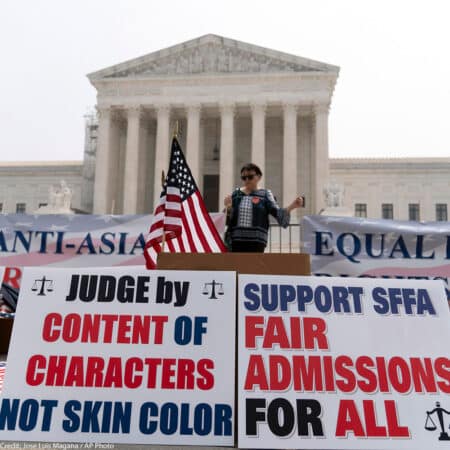American Social Issues: A Comprehensive Overview
American society today faces a myriad of social issues that touch every facet of life, from education and employment to immigration and racial dynamics. These issues not only reflect the complexities of the country’s diverse population but also highlight the ongoing struggles for equality and justice. This article delves into some of the most pressing American social issues, including affirmative action, illegal immigration, reverse racism against the white middle class, and the challenges faced by the poor working class. Additionally, we will explore political movements and policies that seem designed to benefit the wealthy at the expense of the working class.
Affirmative Action: Balancing Equity and Merit
Affirmative action remains a contentious topic in American social discourse. Originally implemented to address historical injustices and provide opportunities for marginalized groups, affirmative action aims to create a level playing field in education and employment. However, it has faced significant backlash, particularly from those who argue that it leads to reverse discrimination against white and Asian-American students.

In recent years, high-profile cases like the lawsuit against Harvard University have brought affirmative action back into the spotlight. Critics claim that these policies unfairly disadvantage qualified students from non-minority backgrounds, sparking debates about the true meaning of equity and meritocracy in America. Proponents, on the other hand, argue that affirmative action is still necessary to combat systemic inequalities that persist in society.
Illegal Immigration: The Human and Political Implications

Illegal immigration is another polarizing American social issue, with significant human and political implications. The United States, often seen as a land of opportunity, attracts immigrants seeking a better life. However, illegal immigration poses complex challenges, including economic burdens on public services and the exploitation of undocumented workers.
The debate over immigration policy has intensified in recent years, with measures such as family separations at the border and the construction of a border wall under the Trump administration igniting national outrage. These policies have raised ethical questions about how America treats vulnerable populations and the balance between national security and humanitarian concerns.
Reverse Racism: A Growing Concern for the White Middle Class
The concept of reverse racism, where policies or societal attitudes are perceived to discriminate against white individuals, particularly the middle class, has gained traction in recent years. This issue often surfaces in affirmative action, workplace diversity programs, and political rhetoric discussions.

While some proponents of American social isuess, may still dismiss reverse racism as a myth, others argue that it reflects a genuine concern among white Americans who feel marginalized in the current socio-political climate. This sentiment has been exacerbated by political movements and media narratives that emphasize the experiences of minority groups while sometimes neglecting the struggles of the white working class.
Education and Employment: The Struggles of the Poor Working Class
For many poor working-class Americans, the lack of access to quality education and stable employment opportunities remains a significant barrier to upward mobility. Economic disparities are stark, with affluent neighborhoods enjoying well-funded schools while poorer areas struggle with under-resourced educational systems.
The COVID-19 pandemic has further exposed these inequalities, as remote learning proved challenging for students without reliable internet access or supportive home environments. Additionally, job losses disproportionately affected lower-income workers, highlighting the precarious nature of employment for many Americans.
Political Movements and Economic Policies: Impact on the Working Class

Several political movements and economic policies in recent years have appeared to prioritize the interests of the wealthy over those of the working class, causing a broader riff on subject of American social issues. Tax cuts for corporations and high-income individuals, deregulation of industries, and opposition to raising the minimum wage are often cited as examples of policies that exacerbate income inequality.
The influence of lobbying and political donations from wealthy individuals and corporations has also raised concerns about the erosion of democratic processes and the ability of average citizens to have their voices heard. These dynamics contribute to a growing sense of disenfranchisement among the working class, who feel that their needs are overlooked in favor of the affluent.
Conclusion
The top American social issues today are complex and multifaceted, reflecting the nation’s diverse population and the evolving challenges of modern society. From debates over affirmative action and illegal immigration to concerns about reverse racism and the struggles of the poor working class, these issues underscore the need for thoughtful, inclusive policies that promote equity and justice for all.
Addressing these challenges requires a concerted effort from policymakers, community leaders, and citizens alike to create a more just and equitable society. As the nation grapples with these pressing issues, it is crucial to engage in open, honest dialogue and seek solutions that uplift all Americans, regardless of their background or socio-economic status.

